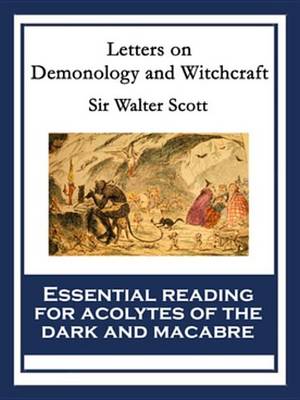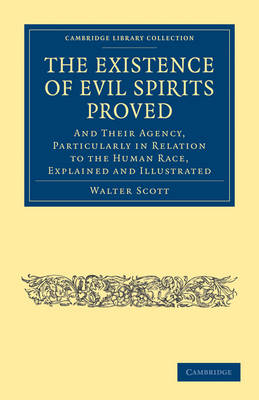Cambridge Library Collection - Spiritualism and Esoteric Knowledge
2 total works
The notion that witchcraft faded away with the onset of the scientific revolution is entirely mistaken. This text stands in the grand tradition of writing and witchcraft and suggests that magic was alive and well in 19th-century Scotland, as contemporary newspaper reports confirm. Carefully researched, alive with stories drawn from Sir Walter Scott's own and contemporaries' experience, and ranging in subject matter, from ghosts and fairies to witches and astrologers, the "Letters" inform, enliven and entertain as they try to wed 19th-century scepticism with evidence which contradicts it.
Walter Scott (1779-1858), President and Theological Tutor at Airedale College in Bradford, delivered a series of lectures on the occult at the Congregational Library, London, in 1841. This 1843 volume is a collection of Scott's lectures, in which he employs scriptural and testimonial evidence to support his claim that evil spirits exist. Scott describes the character and behaviour of evil spirits and the methods they employ to contact and influence humans; for example witchcraft, divination, possession and temptation. Scott draws on Jewish and ancient Egyptian literature, as well as accounts of the oracles of classical antiquity to illustrate his thesis, as well as numerous anecdotes from famous cases like the Salem witch trials. A passionate and colourful example of non-conformist Christian thought on the occult, and on the significance of what Scott explains are 'fallen angels who were transformed by their own wilful rebellion and apostasy into demons'.

